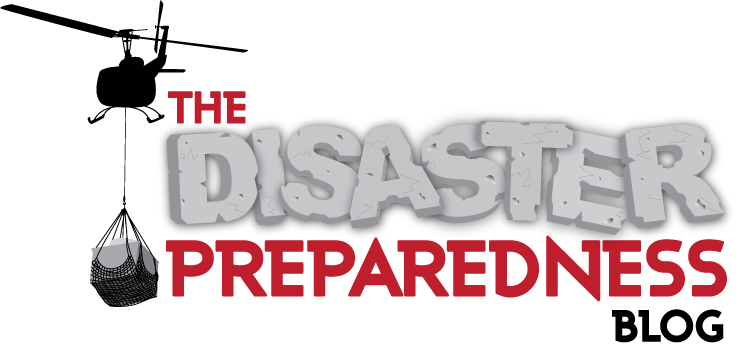Pandemic Planning For Your Business
 Tuesday, July 1, 2008 at 11:14AM
Tuesday, July 1, 2008 at 11:14AM Planning for a pandemic especially in todays global business environment is essential for a business to survive. For it is not "IF" the next pandemic will occur it is "WHEN."
In the last century there were three separate pandemics that occurred the last of which was known as the Hong Kong Flu (H3N2) in 1968, another in 1957 known as Asian Flu (H2N2) and the Spanish Flu which occurred in 1918.
The Spanish Flu resulted in 50 to 100 million plus deaths worldwide and 550,000 - 675,000 deaths in the United States. The virus in the United States caused quarantines of entire Cities, the required wearing of masks while out in public, a shortage of caskets and mass burials, the closure of schools and businesses and widespread fear and panic.
What does all of this mean to you and your business?
It is time to prepare now and create a contingency plan so that your business and your employees can sustain the effects of the next pandemic.
Planing for a pandemic is different from regular business continuity planning in that business continuity plans are generally based on two assumptions:
- That you will be back to "business as usual" within a specified time frame usually 30 days or less.
- That you can go from the "affected" site to the "unaffected" site and resume business operations.
Some of the things that you can expect from a pandemic however will be a high absenteeism rate from staff, vendors, and services including health care, police and fire etc. (some place the estimates of absenteeism around 40%, though I personally expect it to be higher).
The pandemic may last as long as eighteen months and come in three separate waves, and critical functions that are carried out by contractors, consultants, and vendors cannot be guaranteed. The closure of many public and private gathering places such as schools, churches, malls etc. You can also expect that the infrastructure of society will be highly stressed, but will most likely remain functional though to a lesser degree than what we may expect.
Those businesses that are planning on having large amounts of employees telecommute may also face further interruptions as the impact on communications networks will stretch the capabilities of the networks to the breaking point and sustained outages will occur.
How do you overcome these problems?
- Plan now, plan early and be flexible in your planning.
- Inform and educate employees and management on what to expect, and how you plan on carrying out operations during a pandemic.
- Consider partnering with other businesses, and speak to your local health department.
- Space employees further apart.
- Allow for virtual meetings
- Minimize face to face contact
- Educate on cleanliness, hand washing, covering your cough, and cleaning the workspace.
- Provide hand sanitizers.
- Provide Personal Protective Equipment (PPE) such as masks and gloves.
- Consider stockpiling pharmacological products.
For further reading please refer to the following sites.








